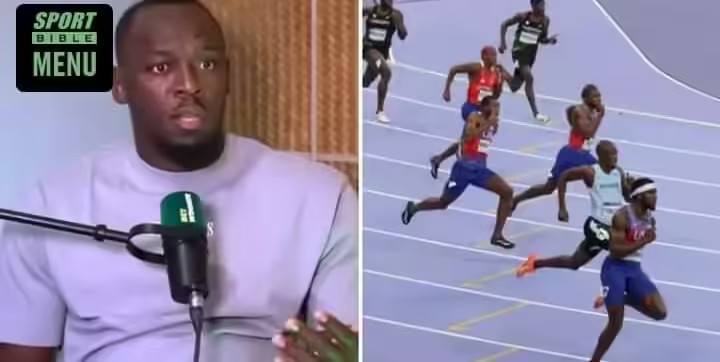USA sprinter Christian Coleman, who was once hailed as the next big thing in track and field by Usain Bolt, is facing the possibility of a four-year ban from athletics. This potential suspension comes in the wake of allegations related to anti-doping violations.
Coleman, a standout sprinter who won the 100 meters at the 2019 World Championships, has been a prominent figure in sprinting. Bolt’s endorsement of him highlighted Coleman’s potential to dominate the sport in the coming years. However, the spotlight on Coleman has now shifted due to legal and regulatory issues.
The allegations against Coleman stem from missed drug tests, which are a serious concern in the world of professional athletics. According to the rules of the World Anti-Doping Agency (WADA), athletes must provide whereabouts information to ensure they can be tested at any given time. Failing to do so on three separate occasions within a 12-month period is considered a violation.
In Coleman’s case, he reportedly missed these tests, leading to an investigation by the Athletics Integrity Unit (AIU). This unit is responsible for upholding the integrity of athletics by enforcing anti-doping rules. The potential four-year ban is a standard penalty for such violations and would significantly impact Coleman’s career, sidelining him from major competitions, including the upcoming Olympic Games.
The sprinter’s legal team argues that there were extenuating circumstances surrounding the missed tests, and they are challenging the AIU’s findings. They claim that Coleman was not properly notified of the test attempts and that the rules were not fairly applied. However, the process is rigorous and the outcome uncertain.
If Coleman is banned, it would be a significant blow not only to his career but also to the broader sprinting community, which had high hopes for his future performances. The drama surrounding his case underscores the ongoing challenges in ensuring fairness and integrity in competitive sports.
Coleman’s situation is a reminder of the strict regulations in place to prevent doping and maintain a level playing field in athletics. It also highlights the complexities involved in the legal and procedural aspects of sports governance. As the case unfolds, the athletics world will be watching closely to see how it impacts both Coleman’s career and the sport as a whole.
